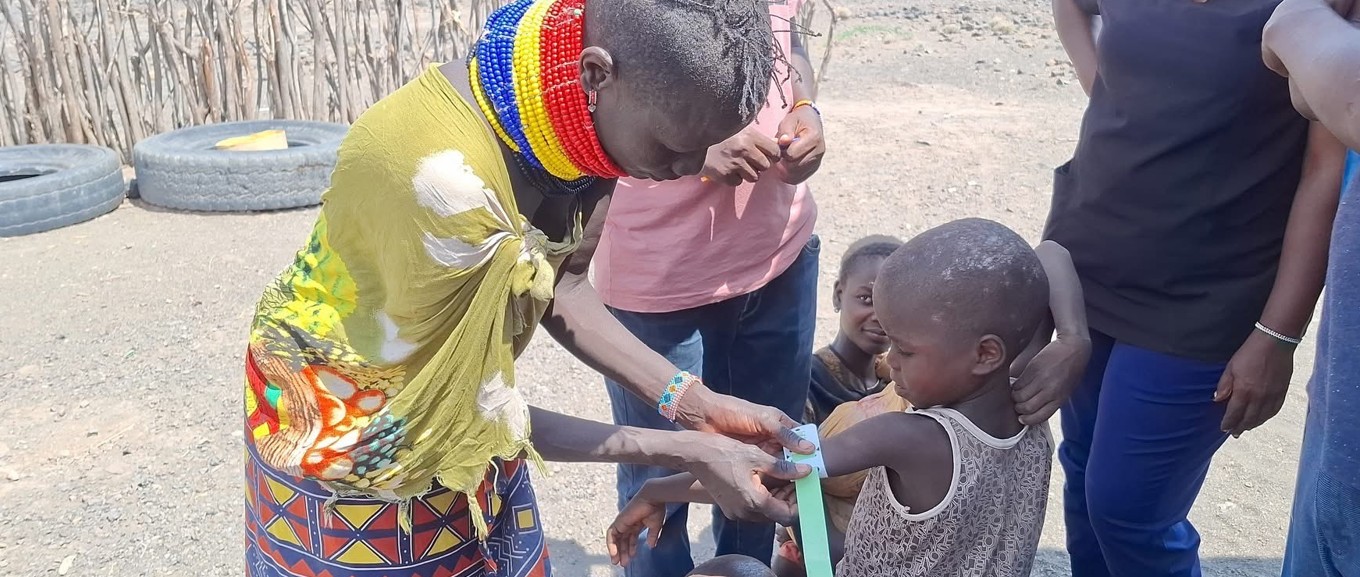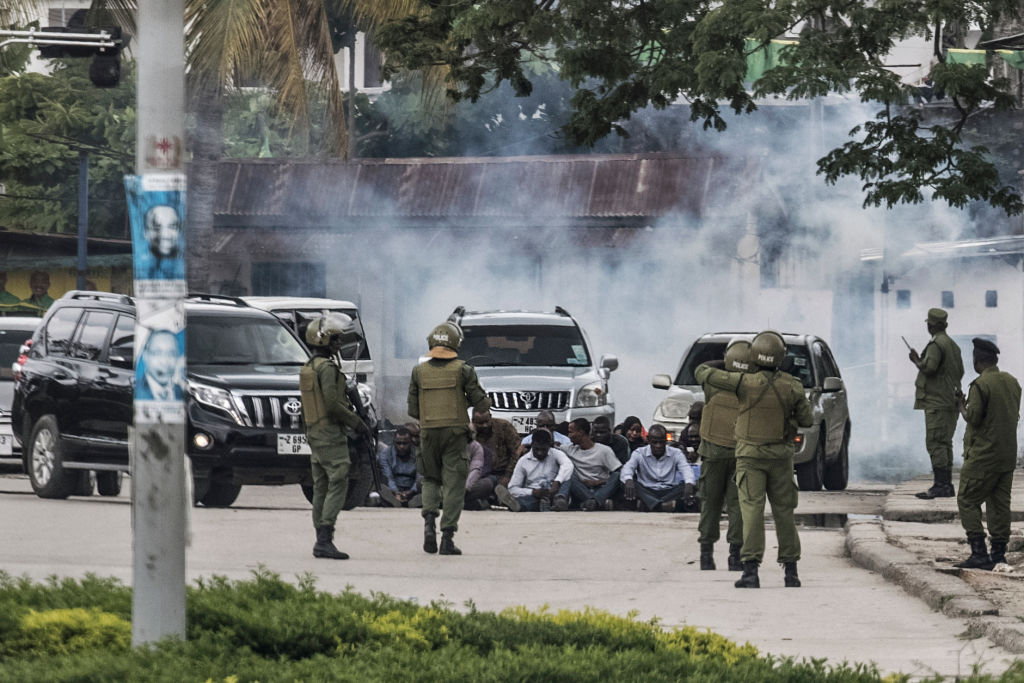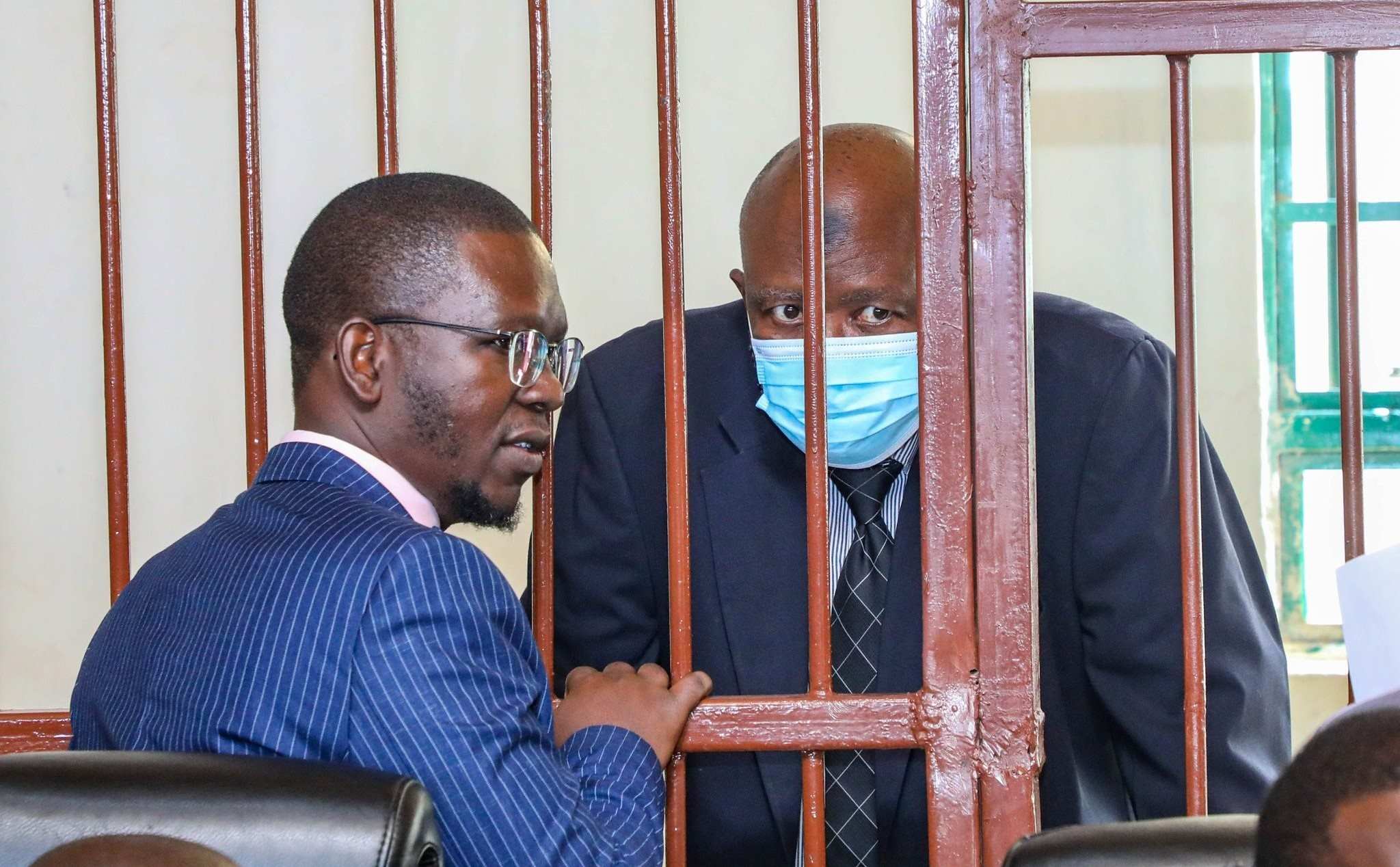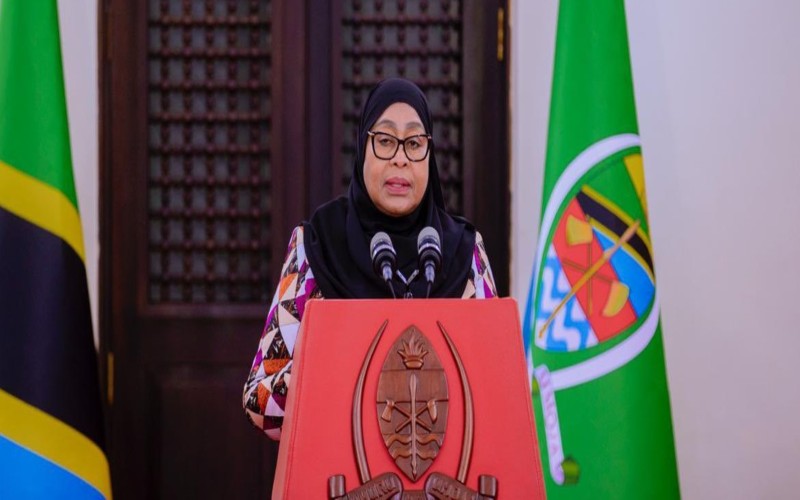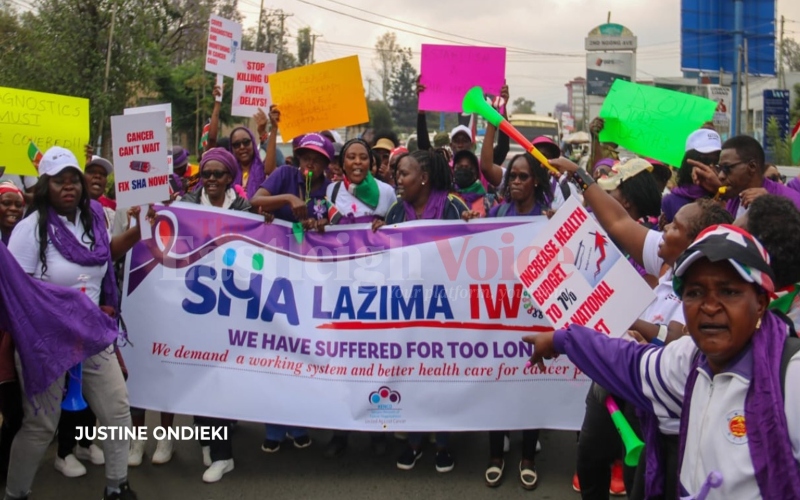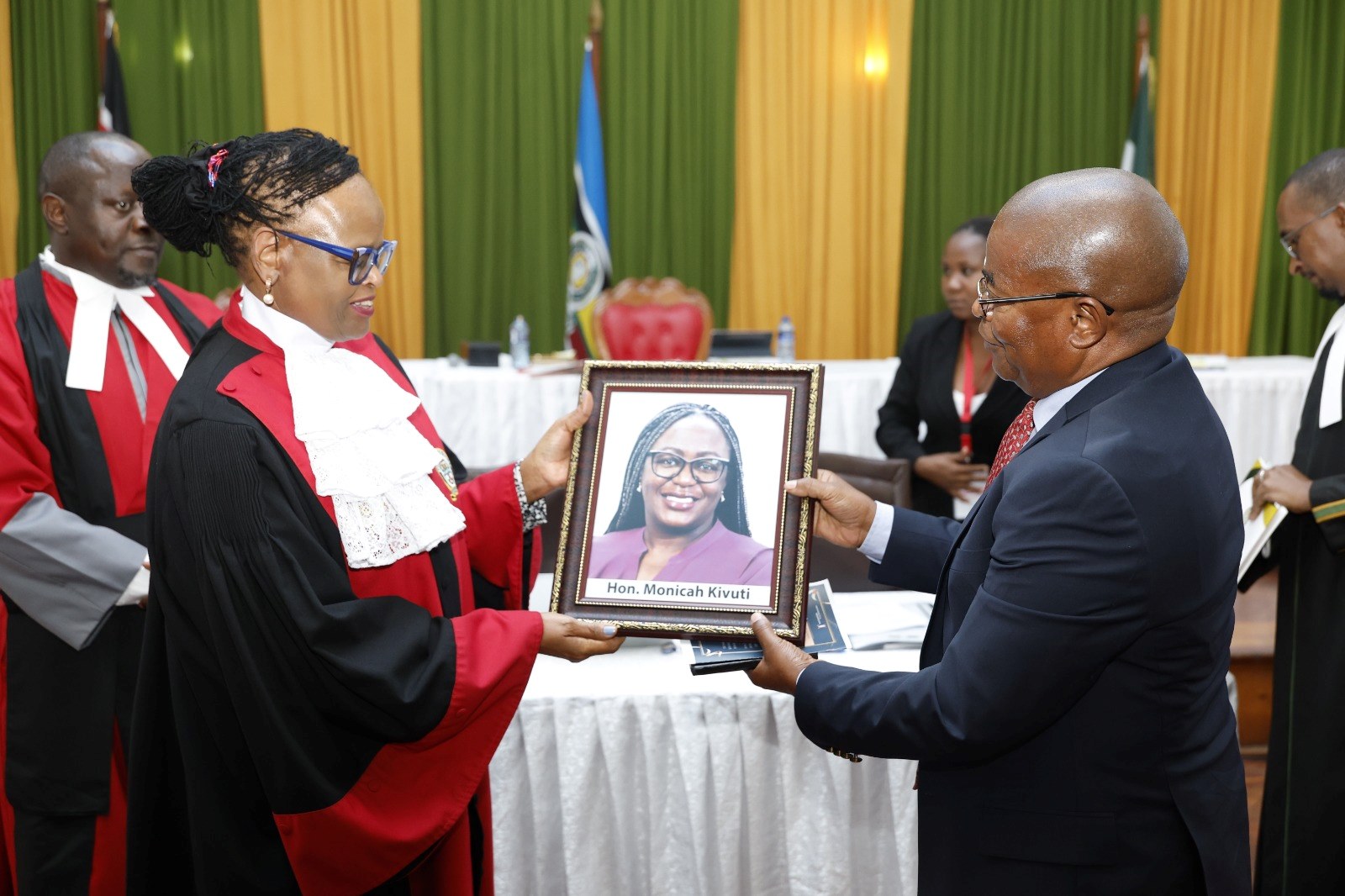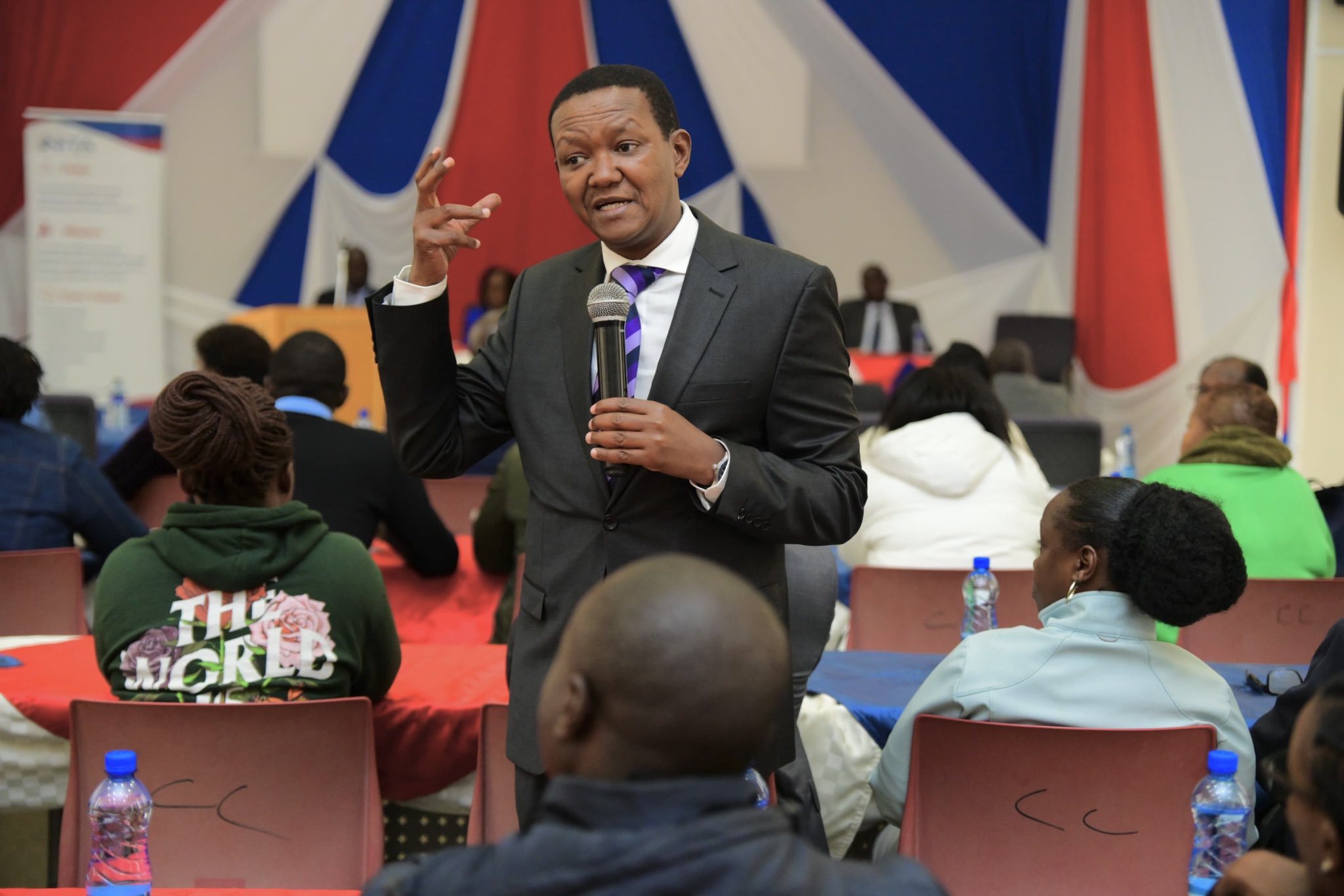Water Resources Authority advocates for conservation of catchment areas in Asal counties
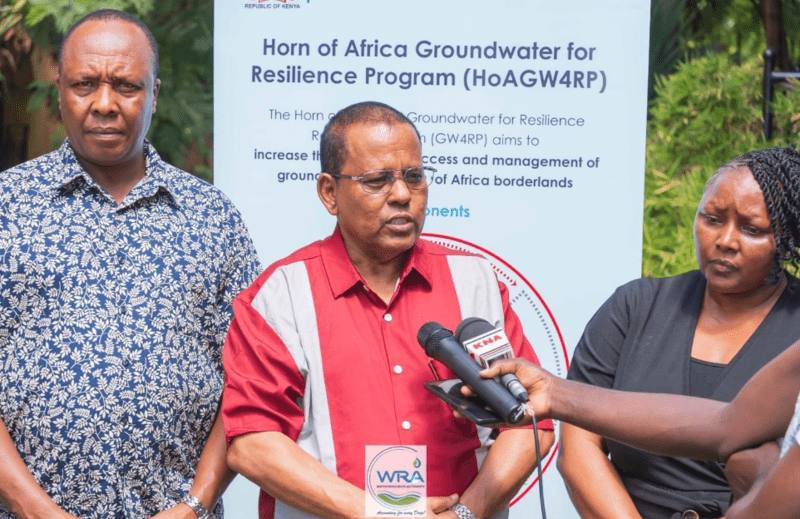
The targeted counties, including Garissa, Wajir, Mandera, Marsabit, and Turkana, are set to benefit from comprehensive water resource management initiatives.
The Water Resources Authority (WRA), under the leadership of CEO Mohamed Shurie, spearheaded a water conservation workshop on Saturday in Garissa. They called for the prioritization of Sub-Catchment Areas (SCAs) for Managed Aquifer Recharge (MAR) infrastructure and conservation efforts across five ASAL counties.
Managed aquifer recharge, also known as water banking, consists of water management methods that recharge an aquifer using either surface or underground recharge techniques in areas that face drought.
More To Read
- Garissa human rights activists demand justice for student allegedly raped and killed by guardian
- Smartphones, women’s rights and coupons: new trends that can boost insurance for African farmers
- IGAD calls for joint action to protect livestock, pastoral livelihoods in Horn of Africa
- Mandera launches emergency food aid for 15,000 amid deepening drought
- Over 170,000 livestock targeted as Mandera and Garissa ramp up vaccination drives
- Garissa town residents call for urgent drainage fix as floodwaters swamp businesses, homes
The targeted counties, including Garissa, Wajir, Mandera, Marsabit, and Turkana, are set to benefit from comprehensive water resource management initiatives. With an estimated 1.5 million rural residents poised to benefit, the project aligns closely with United Nations Goal 6, which aims to ensure universal access to safe drinking water by 2030.
Speaking alongside WRA Board Chairperson David Mugor, Mohamed stressed the urgency of water conservation to safeguard the nation's future.
"Access to water is pivotal for all sectors, including industrialization and agricultural production," he said.
Mugor echoed these sentiments, cautioning against the looming water crisis exacerbated by climate change.
"If we fail to recharge our water resources and aquifers adequately, we risk facing severe water scarcity in the near future," he warned.
The officials reiterated their commitment to inclusive participation, particularly emphasizing the involvement of youth, women, and persons with disabilities in water resource management initiatives.
Revealing the upcoming plans, Mohamed announced the drilling of six exploratory boreholes across the targeted counties to monitor groundwater behavior effectively.
Additionally, plans are underway for another borehole to be drilled at the Indian Ocean, aiming to alleviate water shortages in the coastal region once studied and approved.
Ahmed Ibrahim, Garissa's CEC for Water and Environment, highlighted the significance of understanding underground water dynamics and the importance of monitoring Aquifer Recharge for future planning.
"This project spanning five counties bordering Ethiopia and Somalia will provide invaluable insights into our underground water behavior and enhance catchment area conservation efforts," he said.
The Water Resources Authority's overarching goal is to provide sustainable water solutions for domestic use, ultimately benefiting 500,000 citizens through responsible groundwater management in the Horn of Africa borderlands.
Top Stories Today

